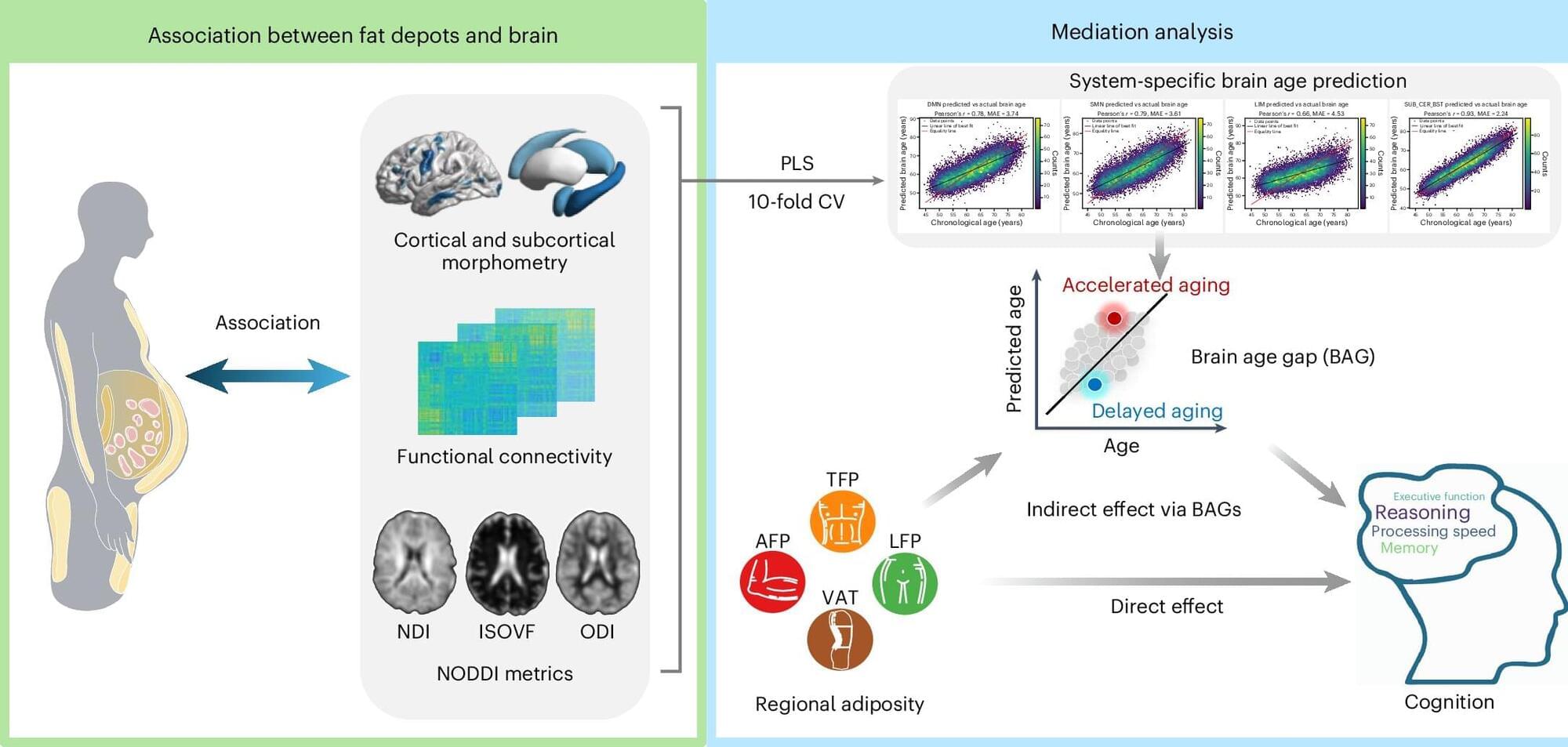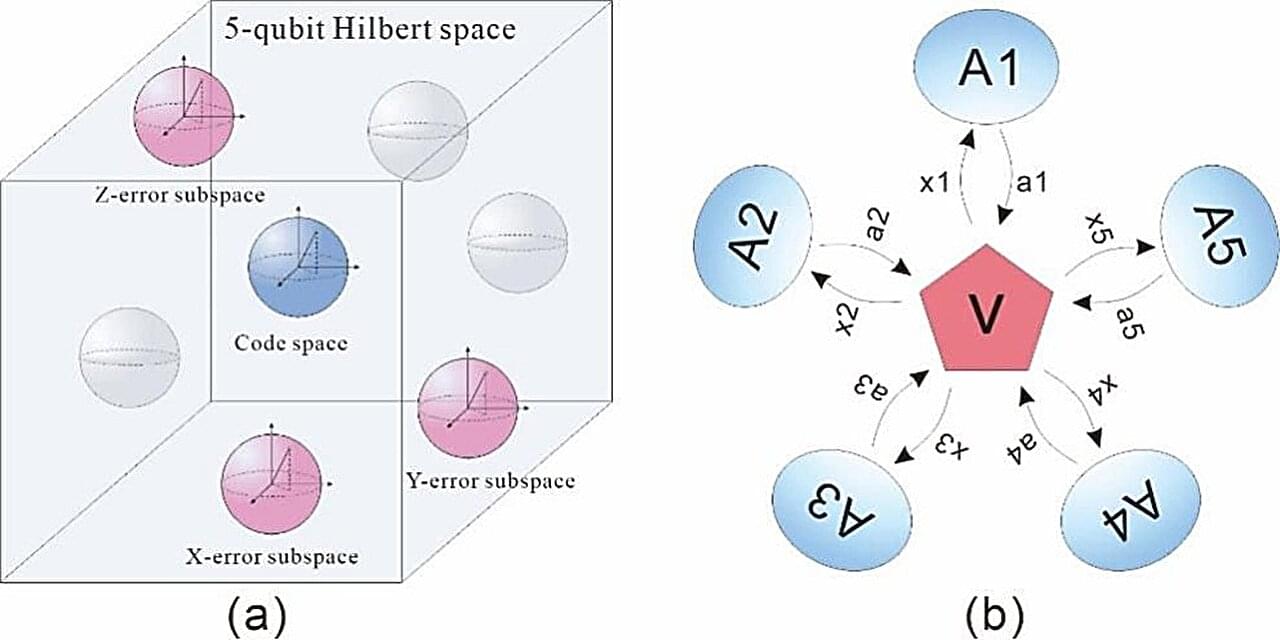Research led by The Hong Kong Polytechnic University finds that regional fat distribution exerts distinct effects on brain structure, connectivity and cognition, revealing patterns not explained by body mass index (BMI).
Obesity has been associated with structural and functional changes in the brain, including reductions in gray matter, disruptions in white matter and impaired connectivity, which have been associated with cognitive decline.
Previous studies frequently used BMI as the central measure of obesity, a highly generalized metric that cannot capture the biological differences in fat depots. Adipose tissue in different body regions is known to affect metabolic and inflammatory pathways differently, and earlier work has suggested that visceral (around organs in the abdominal cavity) and leg fat contribute unequally to disease risk.









